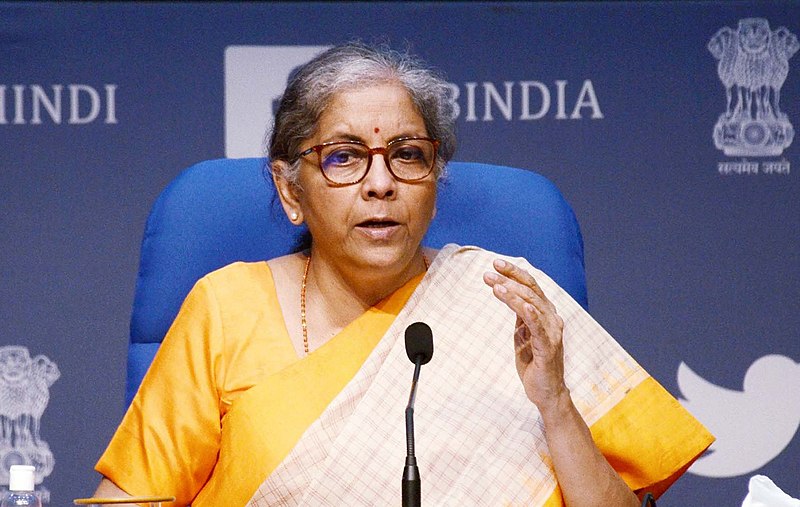
March 4, 2025
India actively pursuing FTAs with the UK, US, and EU to strengthen global ties
Multilateral institutions like WTO no longer anchor trade rules, says FM
India positioned to lead global growth with tech and talent strengths
Reforms must be state-driven, alongside the Centre’s fiscal prudence initiatives

In a clear pivot towards bilateralism in global trade, Finance Minister Nirmala Sitharaman asserted that India must accelerate its international partnerships to remain a leading force in a rapidly changing world. Speaking at the Business Standard Manthan event, Sitharaman said multilateralism is “sort of out” and bilateralism has emerged as the “only catalytic tool” for trade, investment, and strategic relations.
“These are very interesting yet challenging times,” she said, stressing that global trade frameworks are undergoing a significant transformation. “Multilateral institutions are fading. Every attempt to revive them lacks traction. We are seeing a churn in the global order, and it’s imperative that India adapts by bolstering its bilateral ties,” Sitharaman remarked.
The Finance Minister pointed out that the weakening of the World Trade Organization (WTO) and diminishing consensus on traditional trade mechanisms like the Most Favoured Nation (MFN) principle have left countries seeking preferential and tailored agreements.
“There is no longer a concept of MFN—each country wants special treatment, and they want it to be earned, not given by default,” she noted. “With WTO frameworks no longer holding strong, bilateral arrangements are fast becoming the new global norm.”
India has already initiated trade talks with several key economies, including the United Kingdom and the United States, and is currently in discussions with the 27-member European Union for a comprehensive Free Trade Agreement (FTA).
With its rich talent pool and technology backbone, India is well-positioned to act as an engine of global economic growth, Sitharaman said. “We need to contribute meaningfully to the global reset. Whether it’s in terms of per capita income or being a global hub where talent and capital flow freely—India has to move up the ladder,” she added.
The Minister emphasised that India’s ambition is not limited to attracting investment but also includes forging deeper strategic relations. “We must use bilateral ties not just for commerce but also for positioning ourselves more effectively in the new world order,” she said.
Sitharaman also reaffirmed the Centre’s commitment to fiscal prudence and ongoing reforms in areas such as debt management. However, she insisted that reform cannot be a Central initiative alone. “It’s critical that state governments take reforms seriously. I’d like to see healthy competition among states—each striving to be better than the other,” she stated.
As global trade recalibrates its compass, India’s response appears focused and forward-looking. By strengthening its bilateral engagements, the country aims not just to weather the shift but to help shape the new rules of global commerce.
Source: Economic Times